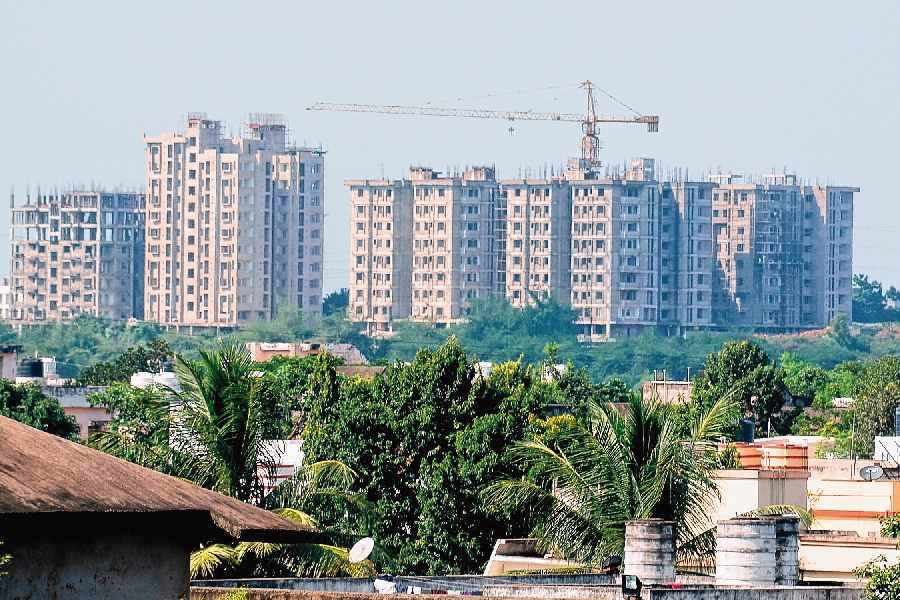The budget is likely to give a boost to the affordable homes segment.
Sources said the definition of affordable homes will be expanded along with tax breaks for developers and incentives to buyers.
They said the ripple effect this sector can have on the larger economy is known to the government and “specific steps to balance the interest of all stakeholders could be reflected” in the budget.
According to data from real estate consultancy Anarock, the sales share of affordable housing in India reduced significantly from over 38 per cent in 2019 to 20 per cent this year.
Due to low demand, the share of affordable homes in the overall supply also fell to 18 per cent this year from nearly 40 per cent in 2019.
“Considering the specific housing needs of India’s lower-income groups, this momentum cannot ride solely on higher-priced homes while affordable housing continues to languish,” said Anuj Puri, chairman at Anarock Group.
He said that this segment must be revived with “high-impact” measures such as tax breaks for developers, so that they can focus more on affordable housing, and for buyers to improve affordability.
The basic definition of affordable housing is a house having a carpet area of up to 90 sq meters in non-metropolitan areas, and 60 sq meters in major cities with a value of up to ₹45 lakh.
Anshuman Magazine, Chairman & CEO - India, South-East Asia, Middle East & Africa, CBRE emphasized the need for “expanding the cost, size, and income criteria to make the scheme more inclusive. The government should consider increasing the size criteria for metro cities to 90 sq. m. and establishing three to four brackets of unit sizes and prices to define the eligibility criteria depending on city / state dynamics, as capital values in larger metro cities (Mumbai, Delhi-NCR) can be significantly higher vis a vis other cities.”
Dhruv Agarwala, Group CEO, Housing.com, PropTiger.com said “demand and supply for affordable homes have shown fluctuating trends over the last three years across major tier I and tier II cities. The upcoming budget should focus on revitalising both demand and supply for homes in the ₹15-75 lakh per unit price bracket. Introducing interest subsidy programmes could incentivise potential homebuyers effectively.”
If the government decides to revisit the definition of affordable housing, more houses will qualify for this tag which will benefit buyers as they will be able to avail lower GST rates and other government subsidies.
Industry experts say the re-introduction of a 100 per cent tax holiday on the construction of affordable housing will incentivise builders and proliferate the supply of such housing.
Finance Act, 2018 introduced sub-section 3A to section 71 of the Act restricting the set of off loss under the head Income from house property to ₹200,000. Analysts said such restriction of the loss will dampen the demand in the real estate sector leading to further downside of the sector and the limit of ₹200,000 should be extended up to ₹500,000.
Tax exemption to housing loan has remained stagnant for a long time, even when there has been tremendous increase in the housing cost. There has also been increase in interest rate cost as well without any corresponding increase in tax benefit. Industry experts said the income tax exemption limit under Section 24 be doubled to ₹4 lakhs and akin to NPS and Health insurance, payment of principal be made a separate category instead under Section 80C of the Act.











